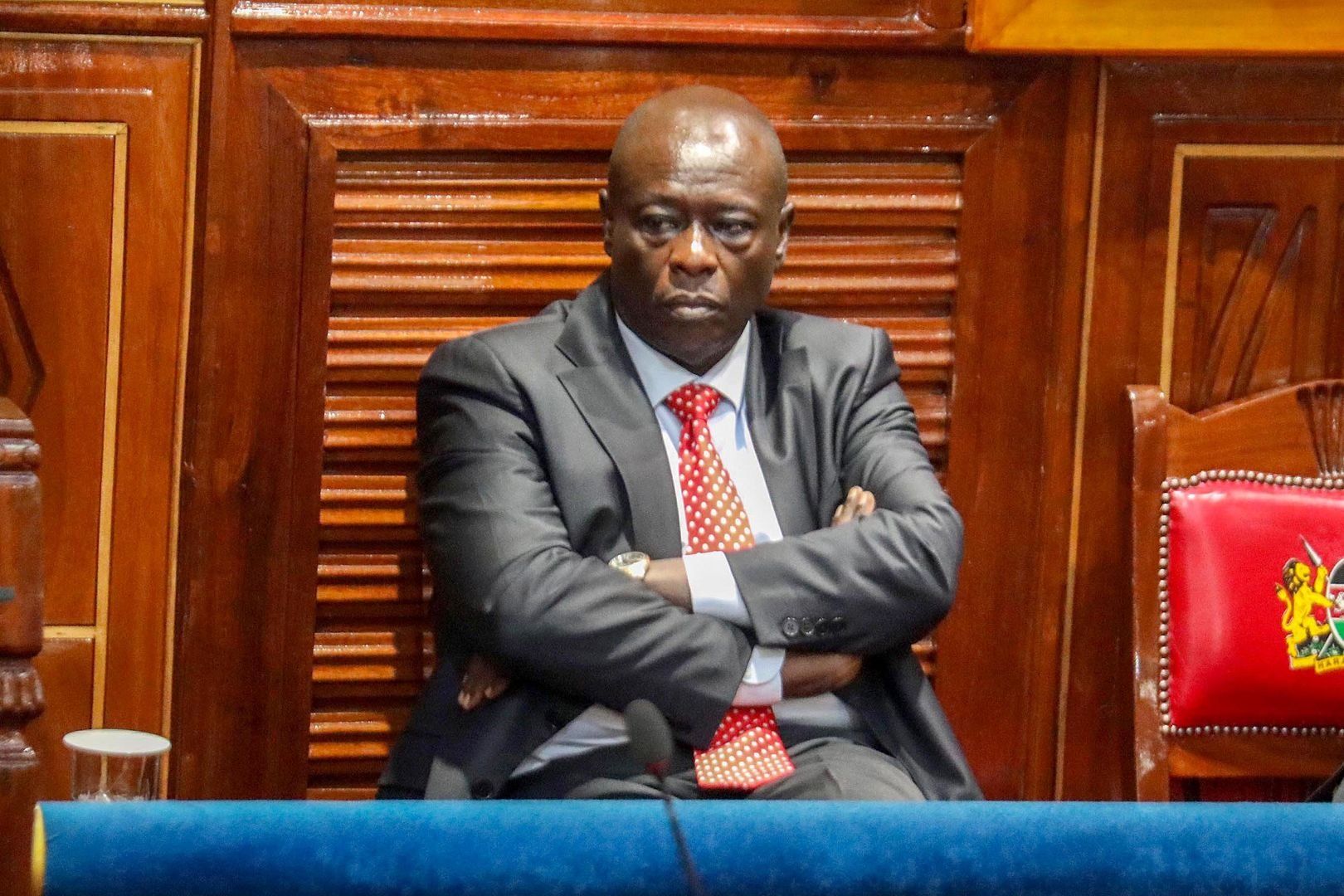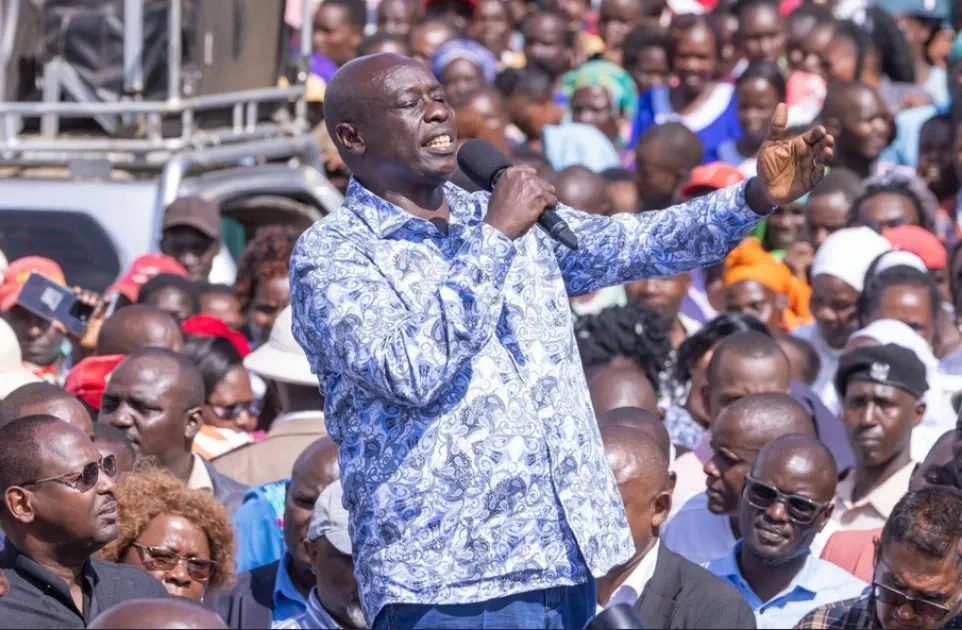Your Read is on the Way
Every Story Matters
Every Story Matters
The Hydropower Boom in Africa: A Green Energy Revolution Africa is tapping into its immense hydropower potential, ushering in an era of renewable energy. With monumental projects like Ethiopia’s Grand Ethiopian Renaissance Dam (GERD) and the Inga Dams in the Democratic Republic of Congo, the continent is gearing up to address its energy demands sustainably while driving economic growth.
Northern Kenya is a region rich in resources, cultural diversity, and strategic trade potential, yet it remains underutilized in the national development agenda.

Can AI Help cure HIV AIDS in 2025

Why Ruiru is Almost Dominating Thika in 2025

Mathare Exposed! Discover Mathare-Nairobi through an immersive ground and aerial Tour- HD

Bullet Bras Evolution || Where did Bullet Bras go to?
Rigathi Gachagua’s political journey took an unprecedented and dramatic turn in October 2024 when the Kenyan Parliament impeached him from his position as Deputy President. The National Assembly voted overwhelmingly to remove him on charges of corruption, abuse of office, and inciting ethnic tensions — allegations that shook the foundations of Kenya’s government.
The Senate confirmed the impeachment, making Gachagua the first deputy president in Kenya’s history to be removed under the 2010 Constitution. This event not only stunned political observers but also sent shockwaves through his support base, raising questions about the durability of political alliances and the rule of law in Kenya. Gachagua, however, has consistently denied wrongdoing, calling the impeachment a politically motivated attempt to sideline him and discredit his leadership.
Following his removal, Gachagua has made it clear that he intends to vie for the presidency in the 2027 elections, framing the impeachment as a hurdle rather than an end. He maintains that the process is not yet final, pointing to ongoing legal appeals and the possibility of overturning the parliamentary decision in the courts. Yet, this battle is far from straightforward. Kenya’s Constitution is explicit in Article 75(3) that any public official removed from office on grounds of gross misconduct is disqualified from holding any other public office.

Legal scholars are divided over how this provision applies to Gachagua’s case. Some argue that his impeachment automatically bars him from running for president, while others suggest nuances in legal interpretation and procedural fairness could work in his favor. The courts are now tasked with interpreting these constitutional provisions amidst intense political pressure, making the coming rulings critical not only for Gachagua but for the future of Kenyan democracy.
Despite the impeachment, Gachagua’s political influence has not waned. In fact, in some ways, it appears to have galvanized his core supporters, particularly in the Mount Kenya region where he remains an influential figure. He has been active in grassroots mobilization, traveling extensively to rally his base and consolidate political support. In a strategic move, Gachagua recently launched a new political party, the Democracy for the Citizens Party (DCP), aimed at offering a fresh platform to challenge the ruling administration and strengthen his political footprint.
His ability to remain a central player in Kenya’s politics despite the impeachment underscores his deep roots and the loyalty he commands among key voter blocs. This ongoing support provides a vital foundation for any future electoral bid and highlights the complicated relationship between legal outcomes and political realities in Kenya.
As Kenya moves closer to the 2027 general elections, Rigathi Gachagua’s political future hangs in the balance. His ability to contest the presidency will ultimately depend on the courts’ interpretation of his impeachment and whether it legally disqualifies him from public office. If the judiciary upholds the disqualification clause, it could effectively end his presidential ambitions and reshape political alliances across the country.

Conversely, should the courts find procedural or substantive flaws in the impeachment process, Gachagua could stage a remarkable political comeback, turning what seemed like a career-ending blow into a powerful narrative of resilience and redemption. Politically, he and his allies are likely to continue building coalitions and strategizing on how to maintain momentum despite legal uncertainties. The coming months will be critical as legal verdicts and political calculations unfold side by side.
Rigathi Gachagua’s attempt to reclaim political power after impeachment is a test of Kenya’s constitutional framework and democratic resilience. His journey encapsulates the tension between legal accountability and political survival, raising broader questions about how impeachment laws affect political careers and democratic competition.
As he fights legal battles and rallies political support, Kenya watches closely to see if an impeached deputy president can defy the odds and reclaim the highest office in the land, or if the impeachment will stand as a definitive roadblock to his ambitions. The outcome will not only shape Gachagua’s future but could also set lasting precedents for Kenyan politics in the years to come.
0 comments